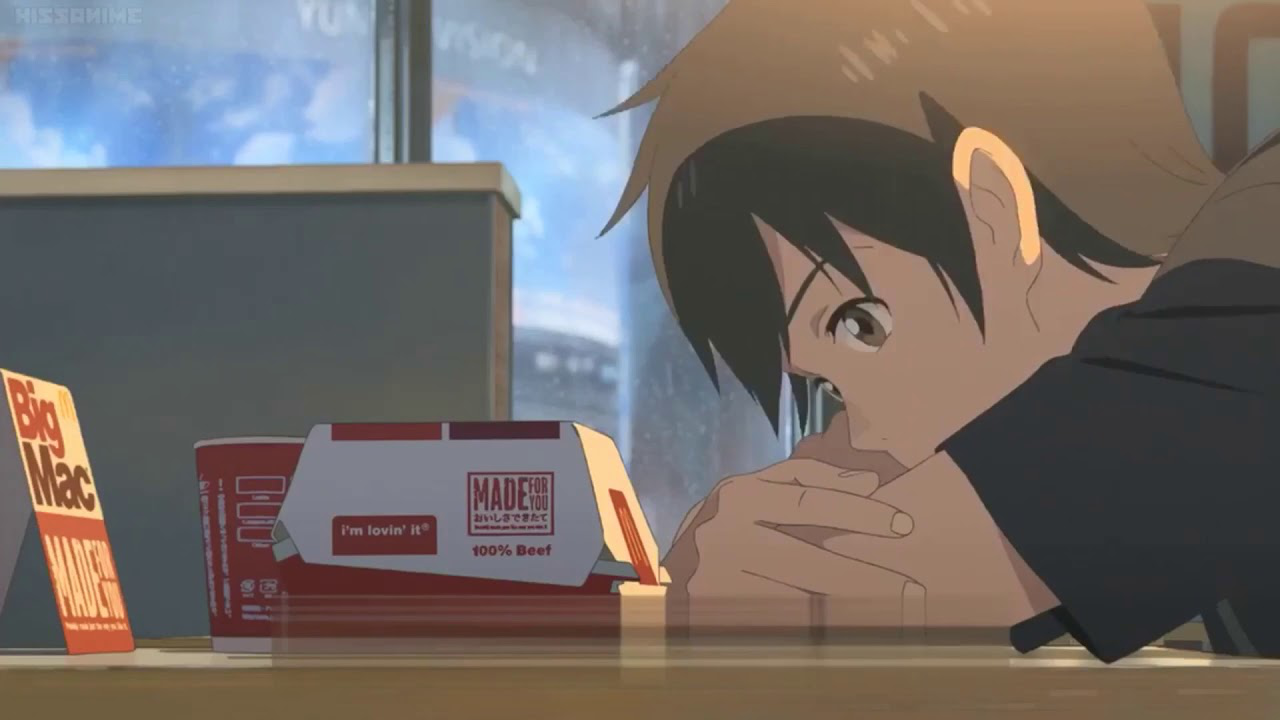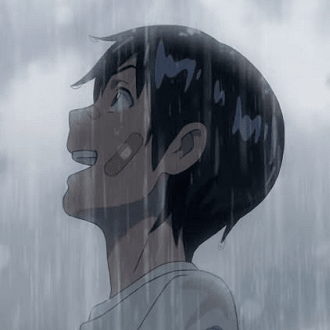After I couldn’t spend my last vacation with my family in Palestine due to the war in Palestine and the Israeli occupation closing the Palestinian borders with Jordan for Palestinian citizens, I decided this year to visit them in the last days of Ramadan and spend Eid al-Fitr with them. Eid is the time of the year when Muslims all around the world celebrate after the end of the month of Ramadan with their relatives. But in Palestine, Eid always has some challenges, and this year there were extra challenges due to the ongoing war. In this post, I’m sharing my experience of visiting my family and how I spent Eid with them under the ongoing war in Palestine.
I needed this vacation so much. I wanted to be close to my mother; she’s been asking me to come and visit them in Palestine for quite a long time, but I couldn’t due to the situation in Palestine. I also needed time off from work; it has been very exhausting recently, and this vacation is my chance to refresh my mind and give my brain a break. It’s also a good opportunity to work more on Petmety, a project I’ve been planning to work on but didn’t get the time to do.
The plan is to spend 3 weeks starting from the first of April in Palestine. I booked the flight tickets months earlier. I was planning to make it a surprise, keep it a secret from my family, and not tell them that I’m coming to visit. However, I told them a week earlier that I would visit them. I didn’t want my family to get confused if something happened to me at the borders or on my way to Hebron. Them hearing the news of my being detained, injured, or shot in Palestine when they think that I’m in Germany and not in Palestine is definitely something I don’t want them to experience.
The night I arrived in Jordan, I was worried that the border between Jordan and Occupied Palestine would be closed. The reason I was worried was because my brother and his wife were going to visit Jordan a couple of days ago, but they found out when they reached the borders that the Israeli borders were closed that day, and they had to go back to their home in Hebron. While this is something my brother and I are used to, I really feel sad for his wife who is experiencing this limitation of travel, which she’s probably not used to. She’s American; she could travel from the Israeli airports and visit the West Bank and the occupied lands of Palestine using her American passport. But when the occupation found out that she’s married to a Palestinian man, she says now that she can no longer use their airports or enter the occupied lands or Jerusalem, and she has to use the borders that other Palestinians are using to travel outside Palestine.
Early in the morning, I checked with the Airport taxi office in Amman, and they told me that there’s a high chance that the bridge between Jordan and Palestine would be open today. I took a taxi to the bridge where the borders are, passed the checkpoints, took another taxi from the Palestinian side of the borders, passed some more checkpoints on the way until I reached Hebron. I was thinking about a lot of things on my way to Hebron: the war that has been going on for over 6 months, the number of martyrs, my friend who was shot in Hebron, and my family that lives there.
I definitely enjoyed the last days of Ramadan and Eid with my family and some of my friends. I’d say that the two things I liked the most on this vacation were delicious food and seeing my nephews. I liked the delicious food that my mom was making for me and the feasts that my brothers were inviting me to. And I also enjoyed seeing my nephews and seeing how much they missed me, and I loved the time that I spent with them. I enjoyed the food that my sister and her husband prepared for me; they invited me and my family to a feast in their house in Al-Fawwar refugee camp, but it was very difficult for all of us to visit them due to the closures of roads leading to the camp. My two brothers and I took the car, drove to a checkpoint, got out of the car, walked to the other part of the checkpoint, and took a taxi from there to my sister’s house. I also enjoyed the delicious food they made for us and enjoyed chatting with them and with their children. I also enjoyed many other things that I missed in Germany like the Azan (prayer call), cats everywhere & the variety of delicious snacks in supermarkets. One thing I missed during my stay in Palestine was seeing some of my friends, which I was planning to meet in the last week, but things didn’t go as expected.
On Eid, the spirit of Eid was not there. There were no celebrations, no lantern lights on the windows of houses, and no game parks. It was clear that it’s not like other Eids we used to have. It looks more similar to the 2021 Eid when there was also a war on Gaza at the end of the month of Ramadan. The difference between the 2024 Eid and the 2021 Eid is that people in Gaza celebrated the 2021 Eid later after the war ended 3 years ago, but I don’t think that this war will end soon. It’s been 6 months, and the world is watching but doing nothing serious to stop the ongoing genocide.
But still, people tried to celebrate Eid in their way. I saw videos from Gaza where they prayed the Eid prayers in the camps, visited the graves of the ones who died during the war and prayed for them, made sweets and cookies, and children wearing Eid clothes and playing around the rubble.
The most famous part of Eid in our culture and family is visiting our relatives across the city and villages of Hebron and giving Ediyeh (which is an amount of money) to children and relative women. Visiting relatives in different parts of the city is very tricky. We had to check the city entrance points if they were closed by the occupation or not, check for alternative ways to cross to go to someone’s house, make sure to visit specific locations before a specific time when the gates to that village or area would be closed by the occupation army, and arrange the order of the people we want to visit in order to minimize the time we spend moving between different places.
I enjoyed visiting relatives’ houses after all, saying hi to them after a long time of not seeing them. And also enjoyed the Eid nuts & Mamoul (cookies) that some houses made, while some other houses only served dates and coffee in solidarity with Gaza. One of the topics I was thankful I could hear was the situation of our relatives in Gaza; My dad’s aunt, her husband, and children used to live in Jabalia in the north of Gaza before the war. I didn’t hear any news about them from my family because they have lost contact with them due to the occupation cutting connection over the Gaza strip. But when we visited her sister’s house, she told us that their house was bombed, some of the family members are in Khan Younes, and some others are in Rafah, and they managed to let my father’s aunt cross the borders and move to Rafah. It’s sad because they are not together and they are separated right now, but it also felt good knowing that nobody was harmed. My father’s aunt has already lost a son of her in one of the previous wars in Gaza, and I pray now to keep her and her family members safe.
On the second day of Eid, my brothers, my mother, and I visited my mother’s sister. And that wasn’t also different from the first day. We took the car and drove to her area, then we had to leave the car and cross a checkpoint walking on foot because cars weren’t allowed to cross this checkpoint. And on the way back from her house, we found the Israeli occupation army blindfolding a young man’s eyes, handcuffing his hands, and leaving him on the side of the road, while talking with others on the next side of the road.
After Eid, it was already two weeks that had passed from my vacation, and there was a third week remaining. At the end of the second week, and at midnight, Iran shot rockets and drones at Israel. The sky was lit by the Iranian rockets and the Israeli rockets countering the Iranian ones and the shatters of missiles clashing into each other. The view of rockets and rockets clashing into eachother in the sky was fascinating. Thoughts were rushing into my mind: that the war is going to start in the West Bank, this is what people in Gaza see all the time, we don’t deserve not to suffer when people in Gaza are suffering all the time, the time has came, what will happen to my family, are our houses going to be bombed. Ironically, the rocket shooting lasted for no more than 30 minutes, and the Iranians said that their response to the assassination of their leader had ended. It feels disapointing when all Arab countries that are supposed to take care of your people are ignoring you and doing nothing to stop the illegal occupation and the genocide, when the only country that acted against Israel is the same country that killed our brothers in Iraq, Syria & Yemen. This proves that governments care only about their internal interests and do not care about other peoples nor the Palestinian cause.
I thought that if I want to make sure not to miss my flight, I should leave Palestine earlier in case the border were suddenly closed. Two days later, I left Palestine and went to live in an apartment next to my brother’s in Jordan. My mother had also prepared some pastries and Mamoul and gave them to me because she knows that my brother and his wife are not good cookers. I spent the last 5 days of my vacation in Jordan.
During my stay in Jordan, I found many posters in various places supporting Palestine, and I could hear people in the streets talking about Gaza, and in the mosques they were urging people to continue boycotting products that support the “usurping, occupying entity.” My visit to Jordan increased my conviction that people care about the Palestinian issue, unlike governments that do nothing on the ground to support it.
As I reflect on my vacation in Palestine, I am reminded of the resilience and strength that define the Palestinian people. Despite the occupation and the challenges we face, life goes on. We find moments of joy amidst adversity, cherish our family bonds, and strive to maintain a sense of normalcy in our daily lives. It’s important to share a glimpse of our reality, to shed light on the struggles and perseverance of Palestinians, and to amplify our voices in the hope of exposing what the occupation is commiting here.


